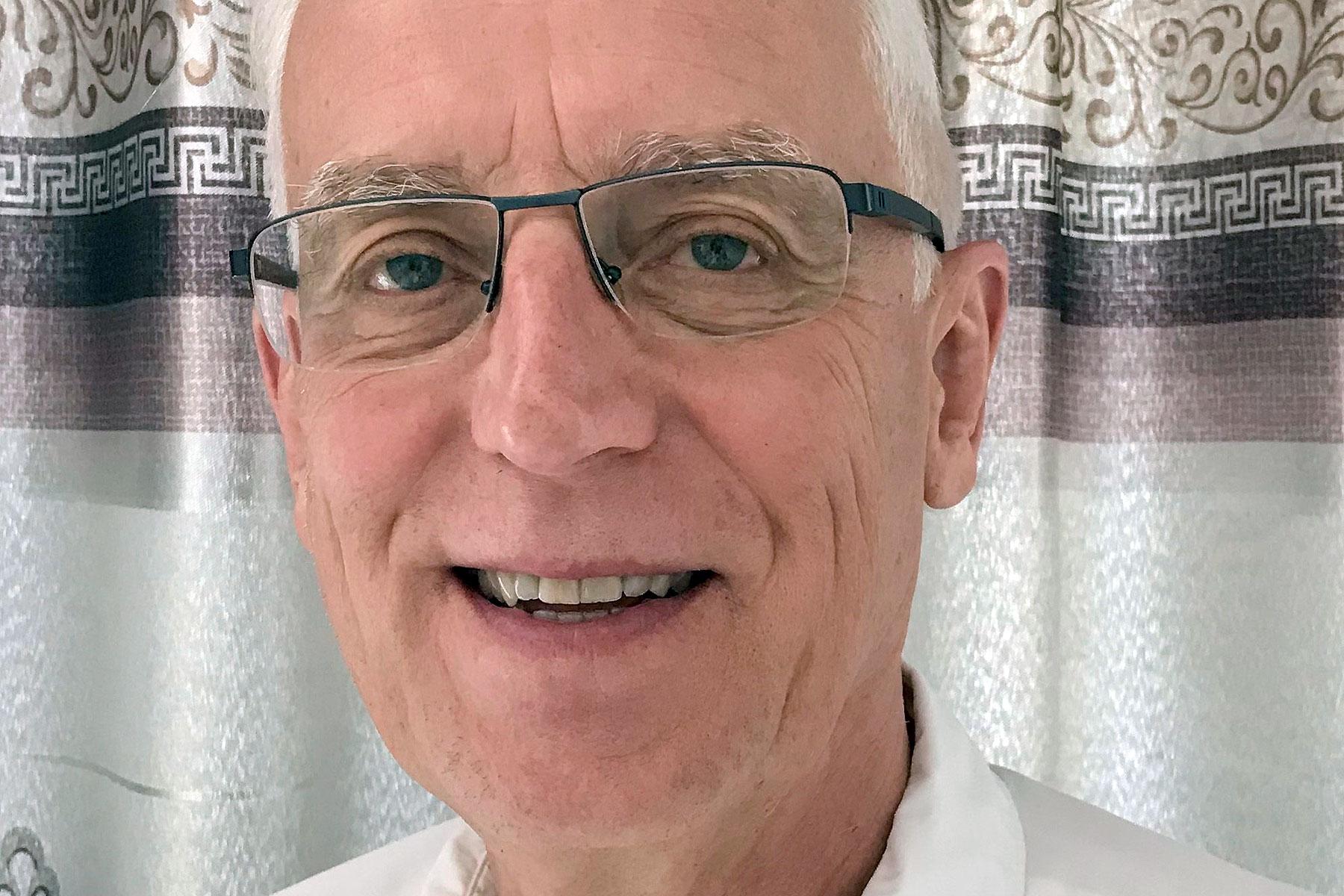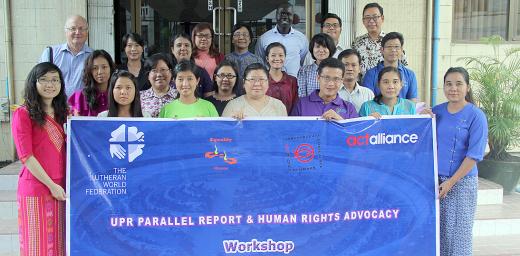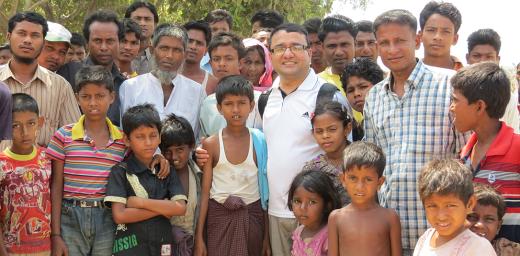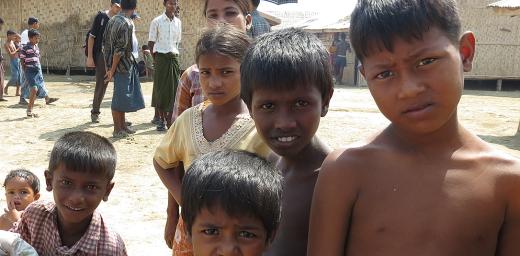Optimism amid increasing challenges in Myanmar

Mr Marcus Busch, past president, Canadian Lutheran World Relief. Photo: Margaret Sadler
Between 1 and 7 February 2019, I had the privilege, along with Margaret Sadler, to visit the LWF country program in Myanmar, where we were hosted by David Mueller, the country representative.
As our host said, the reality of modern-day Myanmar is “complicated.” Pre- and post-colonial history, ethnic diversity (including religious differences), and evolving quasi-democratic institutions overlap to account for the complex picture that is contemporary Myanmar.
Of course, the forced flight of the 700,000 predominantly Muslim Rohingya in 2017 from northern Rakhine State to the no man’s land between Myanmar and Bangladesh is what has recently catapulted Myanmar onto the world stage. However, LWF’s role in the country’s humanitarian sector goes back to 2008 when Cyclone Nargis devastated the southern delta region, and an emergency team from LWF Cambodia went to the capital Yangon to assist in aid efforts. The program has since grown to include support to internally displaced people (IDPs) primarily in the westernmost state of Rakhine. The IDPs consist of citizens of Myanmar (mostly Buddhist) and Rohingyas who are considered as outsiders. At the local level the two communities live side by side in relative harmony, but divisions and antipathy increase between them as one ascends the sociopolitical ladder.





